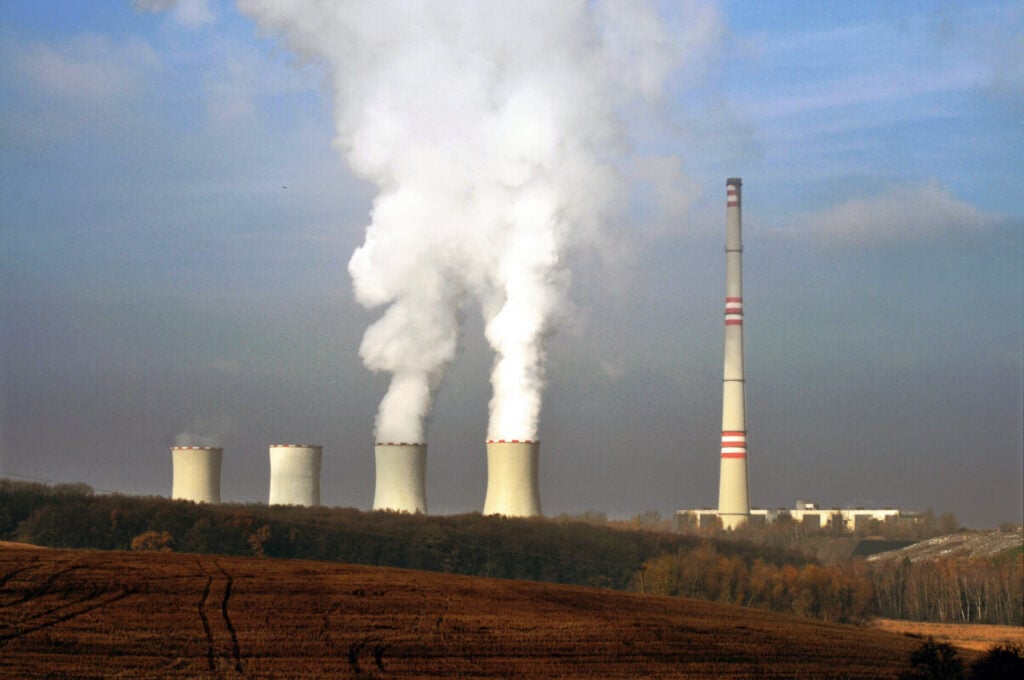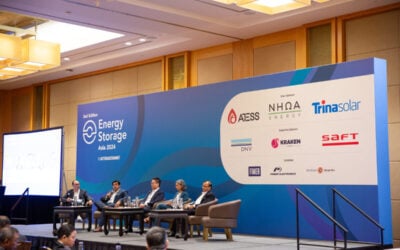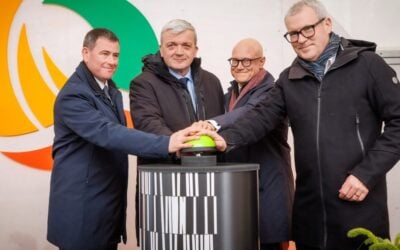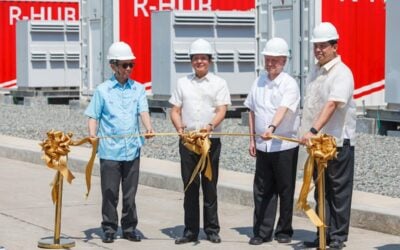
The European Commission has given the go-ahead to a scheme in Czechia that will support the deployment of 1.5GWh of energy storage projects.
The €279 million (7 billion CZ/US$304 million) of funding will be in the form of direct grants to build energy storage projects totalling at least 1,500MWh of capacity,
It will be open to all energy storage technologies that are directly connected to the transmission or distribution network, and will support the European Commission’s 2024-2029 decarbonisation goals by reducing the Czech state’s need for fossil fuel imports.
The funding comes from the Modernisation Fund and was approved under the EU’s State Aid Temporary Crisis and Transition Framework (TCTF), which uses bloc-wide funding to support economies in the context of Russia’s invasion of Ukraine in 2022.
Try Premium for just $1
- Full premium access for the first month at only $1
- Converts to an annual rate after 30 days unless cancelled
- Cancel anytime during the trial period
Premium Benefits
- Expert industry analysis and interviews
- Digital access to PV Tech Power journal
- Exclusive event discounts
Or get the full Premium subscription right away
Or continue reading this article for free
The aid will be granted through a competitive auction process, is limited to 50% of projects’ eligible costs, and will be granted no later than 31 December 2025.
Alongside Czechia (often still called the Czech Republic), TCTF has been used to support energy storage in other major Central and Eastern Europe (CEE) economies including Hungary, Poland and Slovenia. Hungary’s scheme in particular was praised by multiple speakers on a panel at Solar Media’s Energy Storage Summit CEE 2024 in September last year.
Meanwhile, the EU’s separate Covid pandemic-related Recovery and Resilience fund has supported storage in Bulgaria, Romania, Finland and Greece.
The largest BESS we’ve reported on in Czechia is a 30MW system co-located with a gas plant, put into operation in summer last year by independent power producer (IPP) Decci Group.
The country is still mostly powered by legacy power plants, including coal, gas and nuclear, but is increasing its renewables. Nearly 1GW of solar came online in 2023, driven by the residential segment, as reported by our colleagues at PV Tech.





